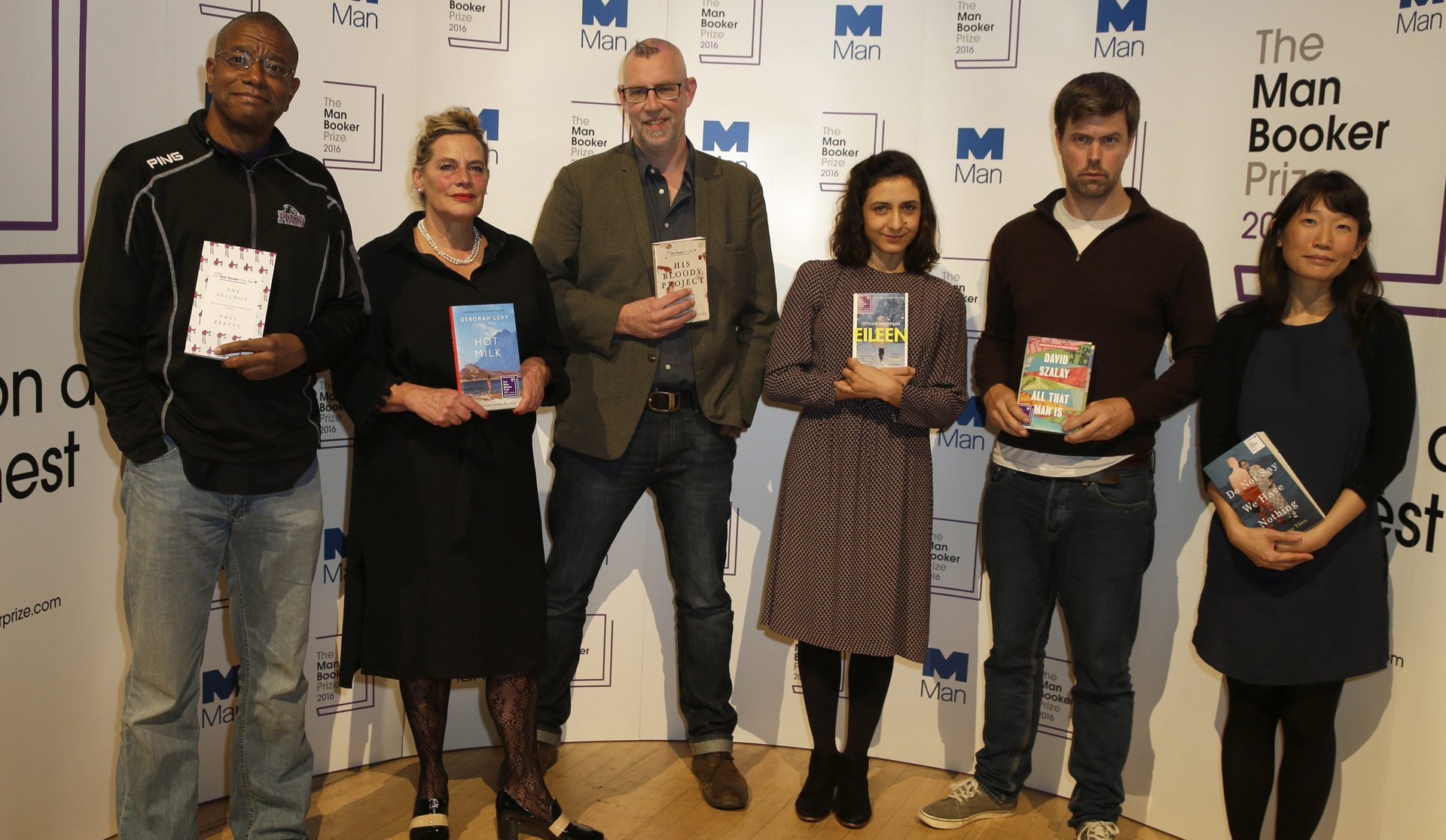After 30 years, the Man Booker Prize is staying relevant by opening up to the rest of the world
For decades, an award supposedly for “the finest in fiction” really meant ”the finest novels written in English by people living in the UK and former British colonies—but not the US.”


For decades, an award supposedly for “the finest in fiction” really meant ”the finest novels written in English by people living in the UK and former British colonies—but not the US.”
But today, the prestigious Man Booker Prize is trying to change. And if its evolving rules for eligibility are any indication, it’s doing so pretty quickly .
In 1969, the UK prize was only open to writers from the Commonwealth of Nations, Ireland, and Zimbabwe. Those rules stayed in place for over thirty years. Only in 2005 did the foundation that runs the prize accept that “finest in fiction” was a big claim for literature only in one language and a handful of countries. So they could change their tagline, or consider more books. They chose the latter.
That year, a new prize was announced for foreign-language works translated into English, called the Man Booker International Prize. And after the prize changed again in 2014, the main award for English-language books is now open to any author, anywhere.
Literary awards are certainly subjective and sometimes distracting—but there’s no doubt that big prizes like the Nobel and the Man Booker have genuine financial consequences for authors, publishers, and booksellers. Korean author Han Kang had a modest print run of her novel The Vegetarian in its original Korean language in 2007. When its English translation won the Man Booker International prize this year, the prestige of the British prize helped shoot sales to half a million in the original Korean. Beyond boosted sales, it’s a win for readers: More people the world over have now read Kang’s stark novel.
Last year, the winner of the Man Booker Prize was Marlon James, the first winner from Jamaica (a Commonwealth country). This year’s shortlist of nominees for the Man Booker Prize includes two Brits, two Canadians, and two Americans. The winning book will be announced today (Oct. 25). Its author will receive £50,000.
See a short history of its evolution:
1969
The first Booker Prize, as it was then known, was given to P.H. Newby’s novel Something to Answer For. Books by citizens of the Commonwealth, the Republic of Ireland, and Zimbabwe were eligible.
2005
The foundation created the Man Booker International Prize, awarded every two years to a writer (not a book) from any country writing in any language, as long as it is available in English.
2014
The prize opened up to include books written in English from any country, which added the United States’ massive literary output to the list of possible winners—to the dismay of some Commonwealth members.
2016
The Man Booker International Prize shifted to honor specific works in translation every year, instead of a body of work every other year. The foundation also split the £50,000 cash prize evenly between the author and translator.